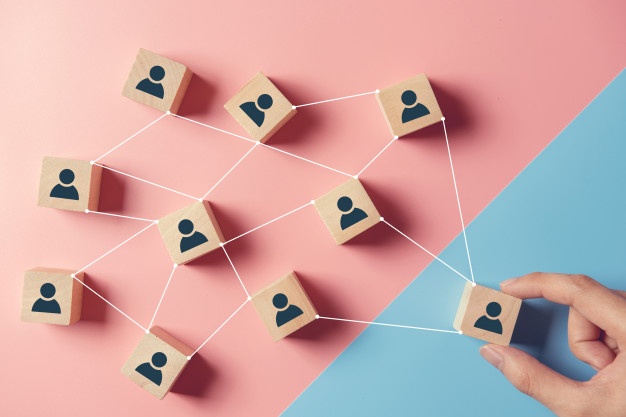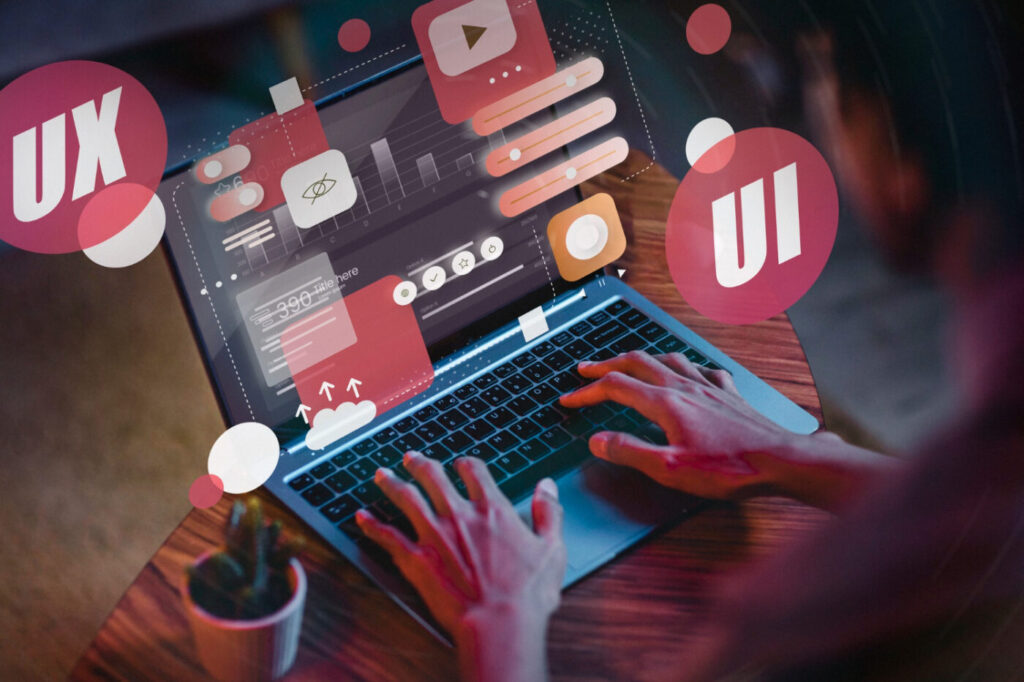In SEO, internal linking is one of the most effective techniques to improve your site’s web performance. There are many things to consider when it comes to internal linking, so here are some FAQs that can help you with it, for SEO purposes.
Let’s start with basics as what is internal linking? It is an act of creating “inbound” (internal) links on your website to connect one to another within your website. In short, creating a hyperlink for an anchor text in a specific to navigate to another page.
It helps you drive traffic to pages that are on the same domain or subdomain. You can create internal links using widgets or by manually adding HTML code to pages.
10 FAQs of Internal Links:
1. What are internal links?
Internal links allow a user to navigate from one webpage to another, typically from a sidebar or footer, without needing to leave the current webpage. These types of links are known as “inbound” or “internal” links, as opposed to “outbound” or “external” links which link pages on other sites.
2. What does internal linking do?
The goal of this technique is to provide an easier way for both new and returning site visitors to find what they’re looking for by creating cross-links between pages on your website. It defines your website structure and distributes page authority and ranking power throughout the site.
Internal linking main object is to strengthen the overall search-optimized value of a website by providing clear paths for spiders, prolonged sessions for users, and a tight-knit network of pages and posts.
3. How important is internal linking for SEO?
Internal links help search engines in determining which pages on your site are the most important and rank your website better. When search engine spiders find your site, they click on links to see what else it has to offer. They follow these link webs to find and archive as many relevant pages as possible in a single visit.
Internal links also help both pages and give better chances of ranking on SERPs.
4. How can I make internal links more effective?
If you use common page elements, a simple menu bar, and natural page links throughout your site, it helps both visitors and search engines will be able to find your information. Also, helps users discover information fast by organizing the content on your site.
Search engines valued pages with more internal links than pages with fewer links. That’s especially true if you link to such pages from your navigation, as it signals to search engines that you want people to find them.
As a site owner, you have authority over internal linking. You can direct your visitors and search engines to your most important pages by using the right internal links.
5. What is the difference between internal links and external links?
Internal links exclusively lead to pages on your website or domain and can be found in the navigation bar at the top of your website. Internal links from your site’s pages to your contact page are one of the examples.
External links are links that lead from one domain to another. They could be links from your website to another website that provides additional information for readers, or they could be affiliate program links from your website.
However, each sort of link does have its place in SEO strategy aimed at improving your search engine rankings.
6. How can I insert internal links in a webpage?
HTML tag of hyperlink is essential to add internal or external link in any page.
For example: if you want to add https://Devgraphix.com/content-marketing-services/ as a hyperlink for the word CONTENT MARKETING, the word “CONTENT MARKETING” will be the anchor text of the link.
7. What are the types of internal links?
There are 4 types of internal links, which are –
- Contextual Link: The links which are added within the main body of the web page or blog page.
- Navigational Link: The internal links which are created on navigation or menu bar to move from one page to another.
- Image Link: The link which is given to the image you shared on your web page.
- Footer Link: The links which are added in the footer section.
8. Is there any limit to adding internal links on a single page and a website?
There is no exact figure as to how many we can and have to add in a single page or a complete website. But either 0 links or lots of links, both cannot benefit SEO.
Be sure to add relevant internal links for the related keywords only and make sure that the page should have a reasonable number of links to enhance SEO performance.
9. How to choose an anchor text for internal linking?
Anchor texts are more important than your internal linking strategy.
- Firstly, list out the top 10 keywords on your site that need to be ranked.
- Next, find the relevance of the keyword and choose as anchor text
- Make sure to avoid using the same anchor text more than once on a page.
- You can use SEO title tag as anchor text
- Anchor text should suit the link type
- You can use person name or location or organization names as anchor texts
If you choose the correct anchor text for internal linking it can help improve rankings in SERPs. If you choose a wrong or irrelevant anchor text, you have to say hello to the Penguin penalty.
10. What is an orphan page? How can it be related to internal links?
Orphan page, the name itself defines that it is a page without any connections or connected links. These pages do found on the website but do not have any internal links to or from these pages, so you cannot access them without knowing the exact URL.
This kind of page cannot even be followed by search engines as these have low-rank value and traffic.
Do you still have any more queries regarding internal linking? Feel free to reach us through [email protected] or visit https://Devgraphix.com/ for more info.











